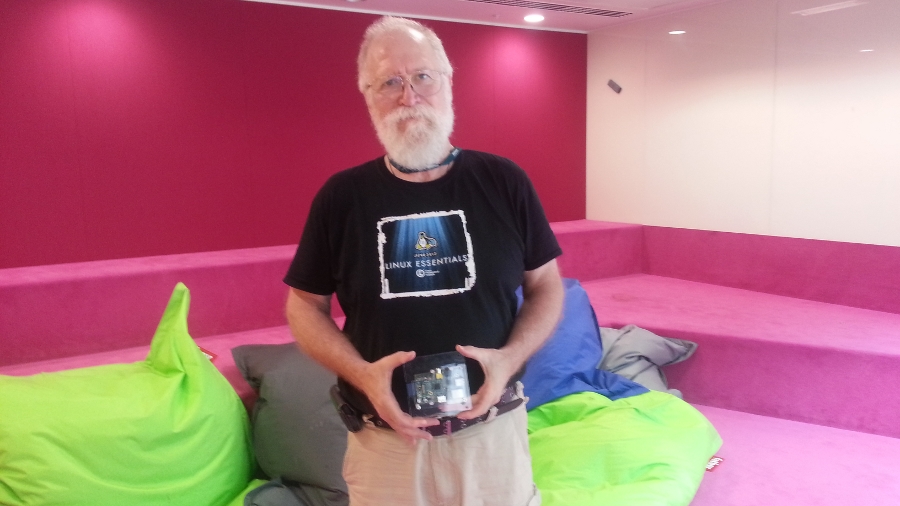Linux International boss: Lack of games harmed desktop adoption
Says Steam-powered desktops signal bright future for OS

Linux has struggled to earn its gaming stripes across the years in the face of stiff competiton from Windows and, in recent times, OS X.
That began to change when Valve launched its Steam gaming service on Ubuntu-flavoured desktops earlier this year, with some hailing its arrival as a turning point for the operating system.
Jon 'maddog' Hall, Executive Director of Linux International, told TechRadar: "Quite frankly, the lack of games is one of the big reasons why Linux hasn't made it onto [more] desktops."
Hall continued: "Even people who are 50 years old are going to say they have to have a particular game, so they have to have to do a dual boot and stick with Windows.
"Of course, developers look for the largest install base possible, which is typically Windows, and then Apple. They don't take it to the third platform as that would take away engineering resources for making new additions and features."
Steam powered
"I'm glad that Steam is on Linux now, as unfortunately there were a lot of gaming companies, such as ID, that went into it a bit too early and we didn't see the success that they had hoped for," Hall said.
Hall, a keynote speaker at Telefonica's Campus Party tech conference set to take place in London this September, sees upcoming Linux-based, open-source gaming consoles as an attractive option for developers making titles based on simpler and more portable gaming engines. Such systems include Valve's Steam Box, Ouya, Mad Catz's Mojo Android console, and Kickstarter project GameStick.
Sign up to the TechRadar Pro newsletter to get all the top news, opinion, features and guidance your business needs to succeed!
He said: "It's now more about selling data that's the same across different systems, which could be the game's music, scenes and the engine. The effort of creating a game on Linux is now minute, so they're all doing it."
He continued: "Plus the gaming people are changing their strategy. The game may be free, and money will be made in other ways in-game, or by selling little figures, so the more people that use the game the better."
Expanding market
To succeed in the gaming sphere, Hall said Linux will need to attract gamers prepared to pay to play.
"Even if people that use free software don't necessarily believe in pirating, they do believe in free software, so there's even fewer people on Linux who would download a game and pay for it," he said.
"As the number of people using desktop Linux increases, not because it's free but because it's a good system, you might find an ever-expanding market."
